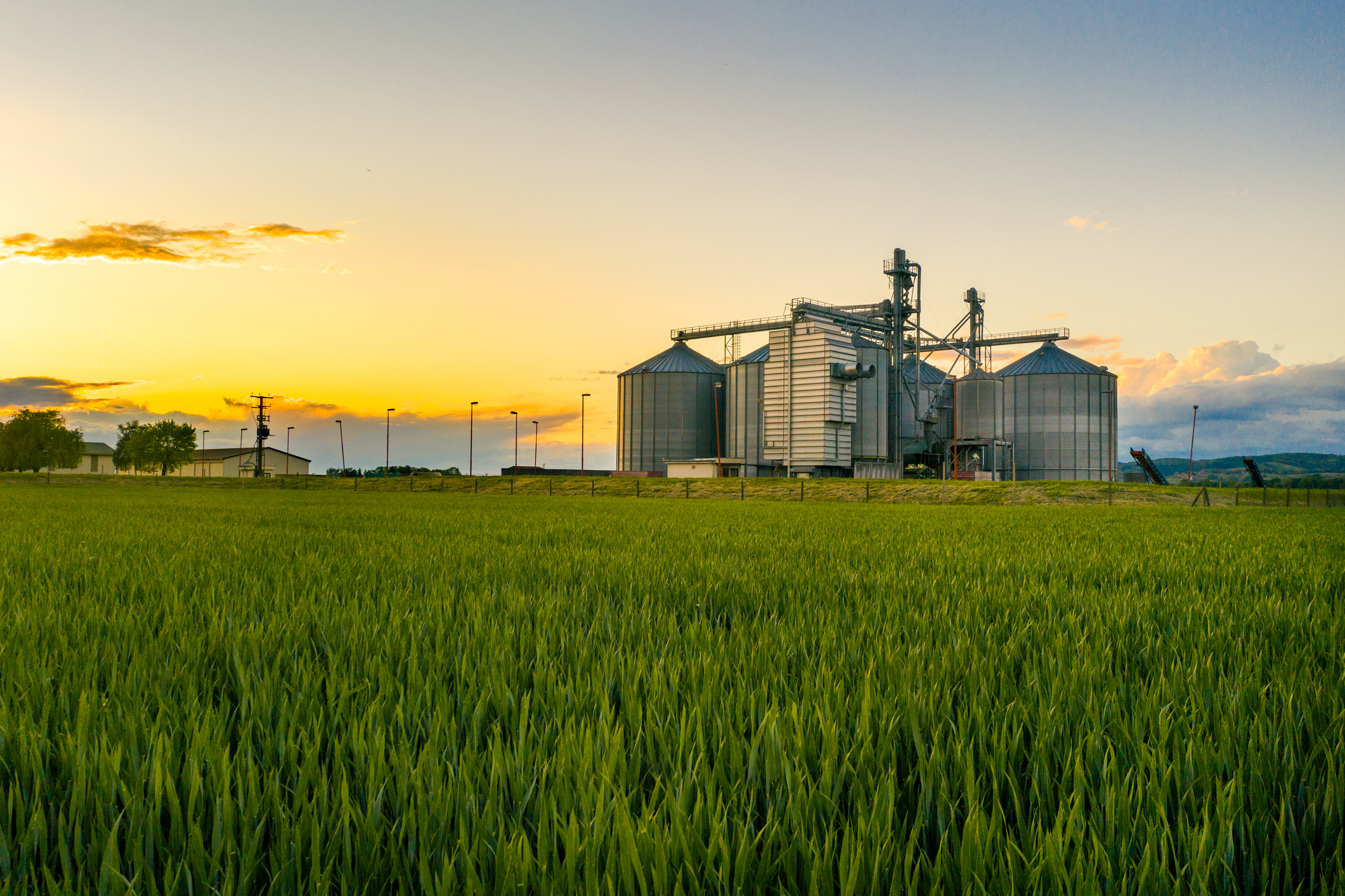Planning ahead for rural businesses in 2024

07 February 2024
This article first appeared in Farm North East.
As we look ahead to 2024, rural businesses need to ensure they remain forward-thinking, agile, and plan ahead in order to take advantage of the opportunities and meet the challenges that the next year will inevitably bring. Below we’ve highlighted some important considerations to take into account.
Tax planning
Regardless of whether basis period reform will impact you, as we approach the tax year end on 5 April, planning is essential.
If your taxable income has fallen this year, a claim to reduce your upcoming payments on account could be made. It is also worth considering undertaking any significant capital expenditure before your accounting year end to maximise any potential tax reliefs available – bearing in mind the potential impact of basis period reform too.
Farmers’ averaging claims could also be beneficial if your profits have fluctuated over the past few years. This could result in tax savings where a claim can be made to average your profits over two or five years.
Contributions to pension schemes can provide additional tax relief to higher rate taxpayers or to help mitigate the high-income child benefit charge. The contributions need to be made before 5 April each year, so you may wish to review your earnings for the year to ensure that you maximise the relief available and do not breach any limits.
Income tax relief on Gift Aid payments can also help – these can be carried back one year, but only where the Gift Aid payment and claim is made before the initial submission of the prior year’s tax return.
VAT
A new points-based VAT penalty regime was introduced on 1 January 2023. Whilst this affects all businesses that miss VAT return submission and payment deadlines, what this means for farmers is worthy of note.
Farmers are typically in a VAT repayment position. Under the previous penalty regime, the value of surcharge penalties for late submission of VAT returns was based on a percentage of the VAT liability for the return in question. Therefore, a penalty was not due for a repayment return being submitted late.

New penalty regime for late submission
Under the new system, a business receives a point each time a submission deadline is missed.
At a set threshold of points (four for taxpayers filing quarterly returns and five for monthly returns) a penalty of £200 will be levied by HMRC.
Points accrued will expire after two years - that is, unless you reach the penalty point threshold. Once the threshold is reached the only way to remove the points is to demonstrate two years of compliance with VAT return filing obligations. During this period, missed deadlines may trigger a further penalty of £200.
Penalties for late payment
For farmers that do have a VAT payment position, late payment of such VAT liabilities to HMRC shall only a trigger a penalty if payment is not made within 15 days of the due date for payment. From day 16, late payment penalties will be levied by HMRC as follows:
2% of the outstanding VAT liability if payment is made between 16 and 30 days after the due date for payment.
A further 2% penalty is applied to liabilities outstanding after 30 days. If no payment was made during the period 16 to 30 days from the due date, this should amount to a 4% charge from day 30.
In addition to (II), from day 31, a daily rate of 4% per annum will be applied to the outstanding liability. This additional charge is calculated daily.
To avoid such penalties, farmers must pay late VAT liabilities by day 15 or approach HMRC to agree ‘time to pay’ arrangements.
The new system represents an additional disincentive for late filing and payment of VAT returns. Should farmers have enquiries in relation to meeting VAT reporting and payment obligations or wish to understand the implications of the new rules regarding VAT penalties for them, taking advice from specialist VAT advisers can assist you in navigating the next steps.
IT and security
As the tax year end approaches, we must all be particularly vigilant against the inevitable surge in virus, malware, and phishing attacks, often masquerading as communications from HMRC.
It's important to remember that HMRC will never ask for personal or financial information via email or text messages. Please always verify the authenticity of any communication claiming to be from HMRC by contacting them directly through the official methods listed on their website. This also applies to phone calls.
To provide information, call HMRC back on the number listed on the HMRC website and ask to speak to whomever you need, then provide your information. It’s always timeless advice to keep your computers, phones, and tablet software up-to-date to ensure you are protected from viruses and malware.
Get in touch
For more information, please contact Jenn Stewart, or any of our Rural specialists.

